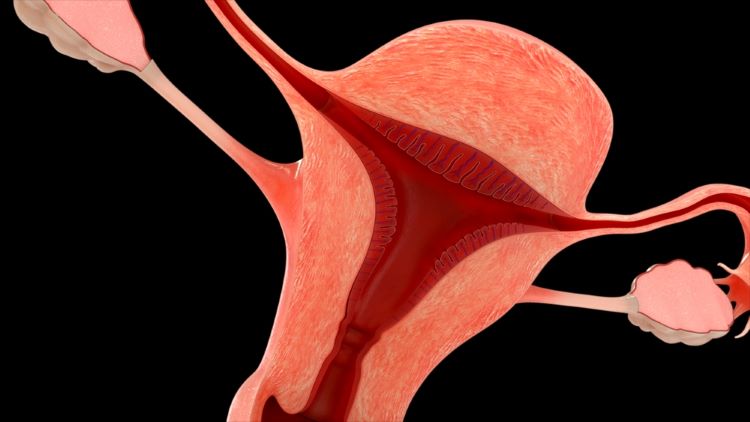Novel immunotherapy combination approved for endometrial cancer
Posted: 18 June 2024 | Catherine Eckford (European Pharmaceutical Review) | No comments yet
The new approval of KEYTRUDA (pembrolizumab) combined with chemotherapy is indicated for certain patients with the most common gynaecologic cancer, according to Merck/MSD.


The US Food and Drug Administration (FDA) has approved the first anti-PD-1 therapy in combination with chemotherapy for adult patients with primary advanced or recurrent endometrial carcinoma regardless of mismatch repair status. Merck (MSD outside of the US and Canada)’s KEYTRUDA (pembrolizumab) is authorised alongside treatment with carboplatin and paclitaxel, followed by KEYTRUDA monotherapy, for these patients.
KEYTRUDA injection, 100mg, is an anti-programmed death receptor-1 (PD-1) monoclonal antibody therapy, the company highlighted.
MSD confirmed that the approval is based on data from the Phase III NRG-GY018 trial. Data showed that the treatment regimen reduced the risk of disease progression or death by 40 percent in individuals who were mismatch repair proficient (pMMR). The treatment minimised this risk by 70 percent in patients whose cancer was mismatch repair deficient (dMMR). The therapy was evaluated against placebo with carboplatin and paclitaxel followed by placebo by itself.
Further KEYTRUDA study results
Findings from the NRG-GY018 trial showed that median progression-free survival (PFS) in the KEYTRUDA plus carboplatin and paclitaxel arm was 11.1 month in pMMR cancer. This compared to 8.5 months for patients in the placebo plus carboplatin and paclitaxel arm.
Overall survival data were not mature at the time of the progression-free survival (PFS) analysis, MSD emphasised.
In individuals with dMMR cancer, median progression-free survival was not reached in the KEYTRUDA plus carboplatin and paclitaxel arm, according to MSD. In the placebo plus carboplatin and paclitaxel arm, PFS was 6.5 months.
“The addition of pembrolizumab to chemotherapy represents a new frontline therapeutic option for patients with primary advanced or recurrent endometrial carcinoma”
“This is the first Phase III trial to statistically evaluate an anti-PD-1 immunotherapy plus chemotherapy combination in patients with pMMR and dMMR tumours as two independent cohorts,” shared Dr Ramez Eskander, Principal Investigator, Associate Professor in the Department of Obstetrics, Gynecology, and Reproductive Services at University of California San Diego School of Medicine and gynecologic oncologist at Moores Cancer Center at University of California San Diego Health.
“The addition of pembrolizumab to chemotherapy represents a new frontline therapeutic option for patients with primary advanced or recurrent endometrial carcinoma, demonstrating a statistically significant and clinically meaningful progression-free survival benefit compared to chemotherapy alone, regardless of mismatch repair status,” Dr Eskander added.
FDA’s approval offers further confirmation “on the established role of KEYTRUDA in certain types of advanced endometrial carcinoma as monotherapy and in combination with LENVIMA® (lenvatinib),” commented Dr Gursel Aktan, Vice President, global clinical development, Merck Research Laboratories.
Antibody-immunotherapy treatment shows benefit in serious endometrial cancer
Related topics
Anti-Cancer Therapeutics, Biologics, Biopharmaceuticals, Clinical Development, Clinical Trials, Data Analysis, Drug Development, Industry Insight, Regulation & Legislation, Research & Development (R&D), Therapeutics
Related drugs
anti-PD-1 inhibitor, chemotherapy, Immunotherapy, Keytruda (pembrolizumab)









